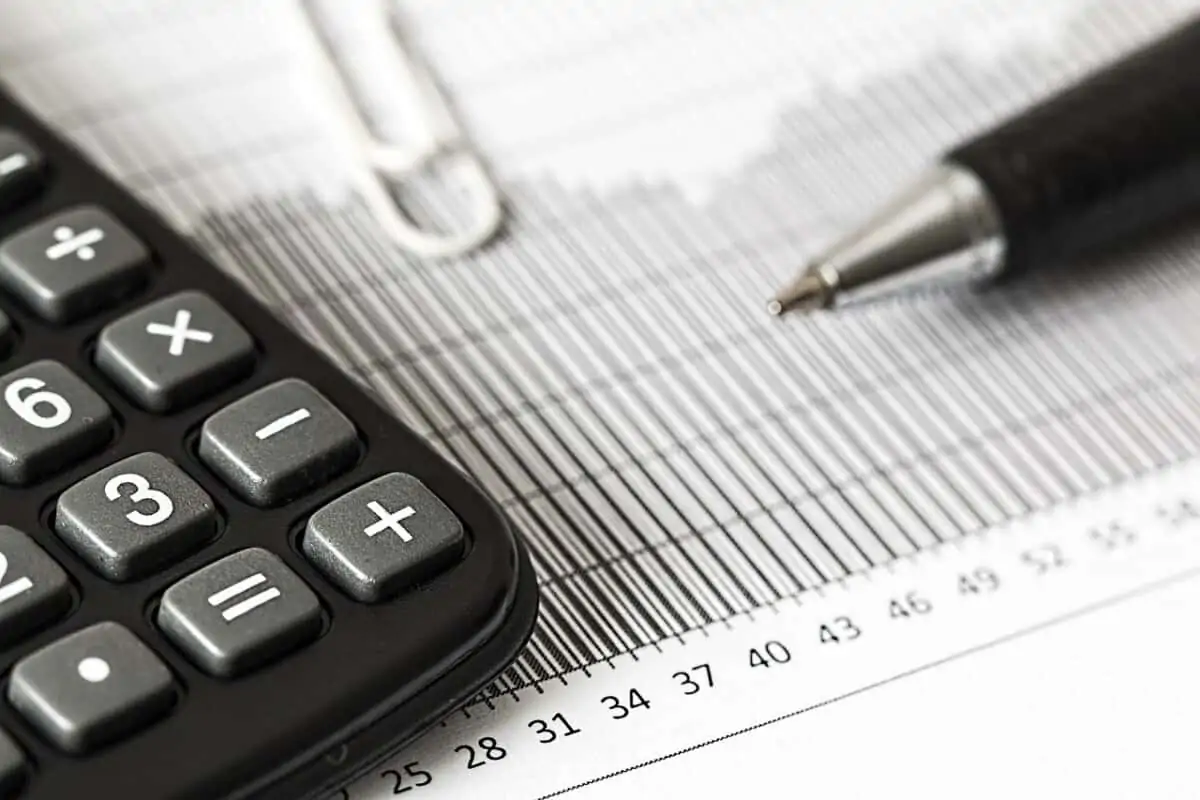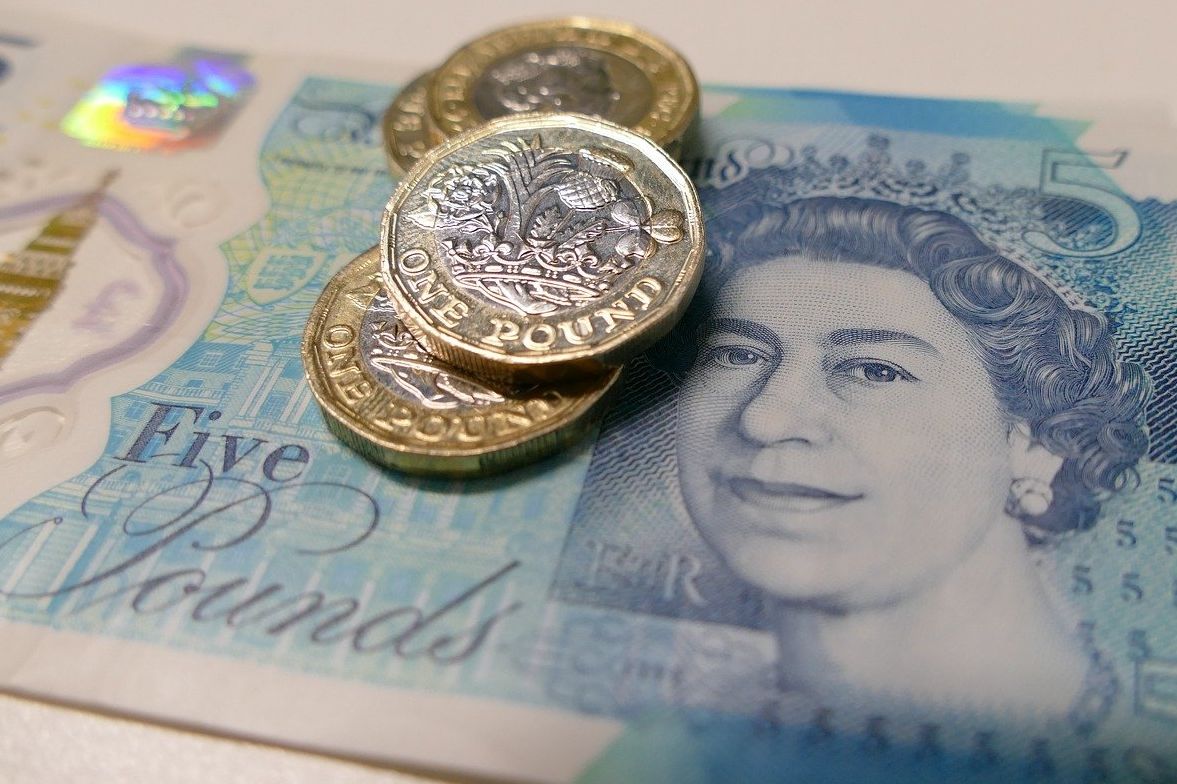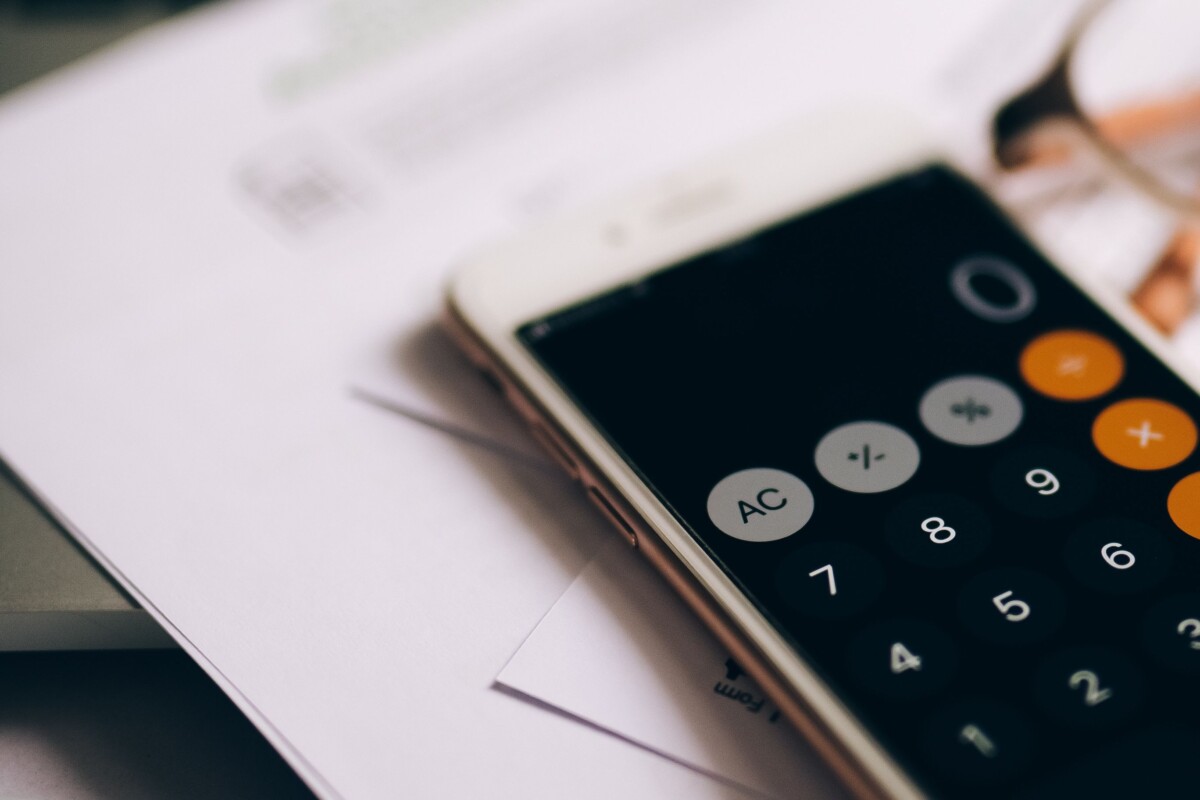CAF urges people to remember to claim Gift Aid relief as Self-Assessment deadline looms

With the Self-Assessment deadline just a fortnight away, Charities Aid Foundation is reminding people to claim Gift Aid relief in their return.
Research from the Charities Aid Foundation (CAF) shows that although the number of donors using Gift Aid has risen slightly over the past few years, only around half (55%) of donors said they claimed Gift Aid when they gave money to charity last year. This is based on their surveying by YouGov last year of 12,076 people, of which 6,339 were donors.
Charities missing out
Charity Tax Group figures show that charities currently miss out on as much as £560 million through unclaimed Gift Aid each year. For a basic-rate taxpayer, 25% is added to the value of any gift made using Gift Aid, meaning that a £10 donation will effectively be worth £12.50 to the charity if the donation is declared.
Advertisement
More than 12 million people who are self-employed or earn over £100,000 are due to complete a Self-Assessment tax return by the 31 January deadline.
Tax relief for donors
CAF says a fifth of people (20%) with a household income over £50,000 aren’t claiming Gift Aid and could therefore be missing out on the tax relief they are entitled to. Higher rate taxpayers who complete a Self-Assessment can claim back the difference between higher rate and basic rate tax on the value of their donations in personal tax relief.
For a 40% rate taxpayer this means that for every £10 donated, an extra £2.50 will effectively go to the charity in Gift Aid, and they can claim back another £2.50, provided they made a Gift Aid declaration to the charity. Individuals can also claim for relief for four years’ worth of previous donations through tax ‘overpayment relief’ with HMRC.
Mark Greer, Managing Director for Giving & Impact Services, Charities Aid Foundation, said:
“Charities miss out on millions every year from generous donors who forget to tick the Gift Aid box.
“With the cost-of-living causing many to cut-back, there are some relatively simple ways to make sure the charities you care about are getting the most from your donation. If you haven’t already, make a Gift Aid declaration to the charity. If you complete a Self-Assessment and are a higher rate taxpayer, you may also be entitled to personal tax relief and you can also check whether you can claim for donations in previous years.”
Self-Assessment advice
CAF’s advice for donors on how to make the most of their charitable giving in their Self-Assessment, which charities could also share with supporters, is as follows:
- Declare your donation to claim Gift Aid
Anyone paying income tax who donates money to a charity can enhance their donation by signing a Gift Aid declaration. The charity can then reclaim the basic rate tax already paid on that donation. Higher or additional rate taxpayers who fill in a Self-Assessment form can also claim back the difference between the higher rate and basic rate on the value of their donations as personal tax relief or to increase their donation.
- Claim tax relief for previous years
If you forget to claim tax relief, or were unaware you could, then you have four years to submit a claim for tax ‘overpayment relief’ to HMRC. That’s four years after the end of the tax year your claim relates to.
- Declare if you gave shares to charity
This is a relatively little-known way to give to charity but it is also very tax effective. You can give shares directly to charity as long as they are listed on a recognised stock exchange. Donors will get full tax relief on any capital gains tax. You can also claim income tax relief on the fair market value of shares.
- Claim Gift Aid sooner
Self-Assessment tax returns normally only include items from the previous tax year. But for Gift Aid, you can also claim tax relief on donations made in the current tax year (up to the date the return is sent) to either get the tax relief sooner, or if you will not be paying higher rate tax in the current year but have paid it in the previous year.
- Let charities know if your circumstances change
The amount of tax you pay needs to be at least equal to the value of Gift Aid the charity will claim on your donations. If circumstances change and you no longer pay enough tax, it’s important to tell all the charities you support. If you don’t tell them and they continue claiming Gift Aid, you may need to pay any difference back to HMRC.






